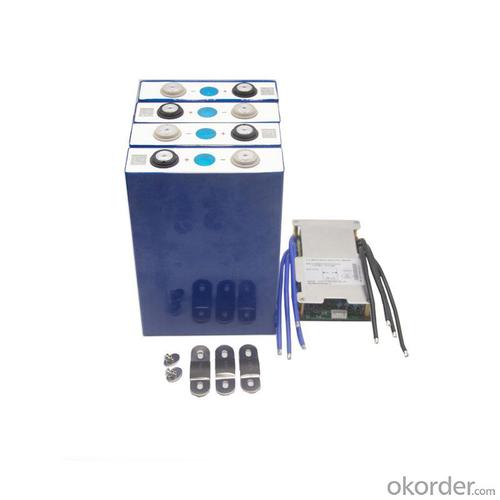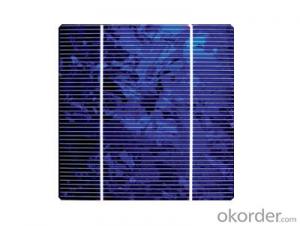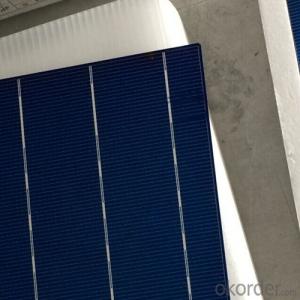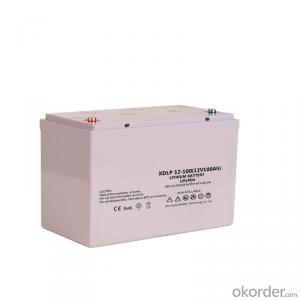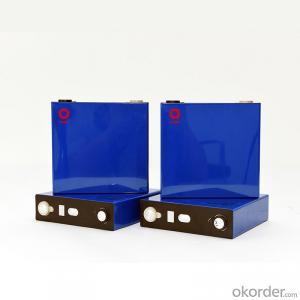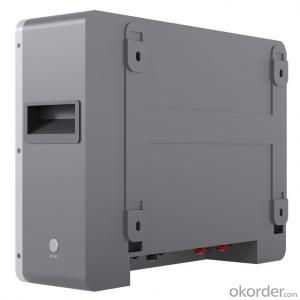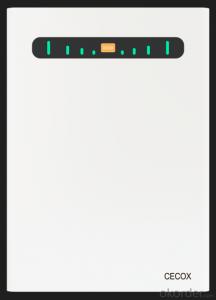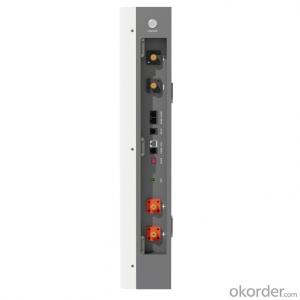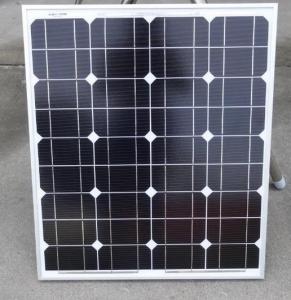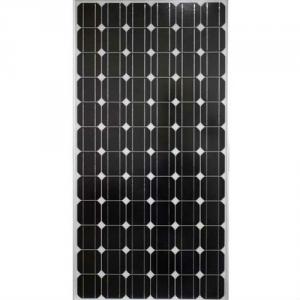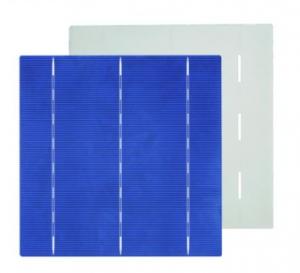Hanwha Solar Cells Compatible 3.2V 105Ah Li-ion Battery Ion Lithium LifePO4 3.2V 100Ah 280Ah 304Ah Lithium Iron Phosphate Battery
- Loading Port:
- SHENZHEN
- Payment Terms:
- TT OR LC
- Min Order Qty:
- 16 watt
- Supply Capability:
- 100000 watt/month
OKorder Service Pledge
OKorder Financial Service
You Might Also Like
Specification
Products Description:
1. Original brand cells, with QR code, Brand new and Grade A+;
2. One battery Cell can be equipped with one set bus bar studs and nuts.
E.g.: If buy 4pcs, we can send 4pcs cells with 4 busbars, 8 sutds, 8 nuts, If needs, pls contact us!
3. Before delivery, we will test all cells Voltage and Internal resistance, and ensure for you!
4. Basic specification will be mark on the Cells before shipping!
Key attributes:
| Product name | 3.2v 105Ah LiFePO4 Battery |
| Normal Voltage | 3.2V |
| Normal Capacity | 40Ah, 80Ah, 100Ah, 200Ah, 280Ah |
| Item Name | Lifepo4 Cells 3.2V 105Ah |
| OEM / ODM | Available |
| Battery Type | Lithium Iron Phosphate Battery |
| Brand Name | EVE, CATL, BYD or other |
| Place of Origin | Guangdong, China |
| Application 1 | Electric Power Systems |
| Application 2 | Solar Energy Storage Systems |
| Cycle Life | 6000 cycle @ 100% DOD, 80% capacity remain |
Lead time:
| Quantity (pieces) | 1 - 100 | 101 - 1000 | > 1000 |
| Lead time (days) | 15 | 20 | To be negotiated |
Packaging and delivery:
| Packaging Details | Embedded foam Standard box |
| Port | Shenzhen |
Pictures for reference:
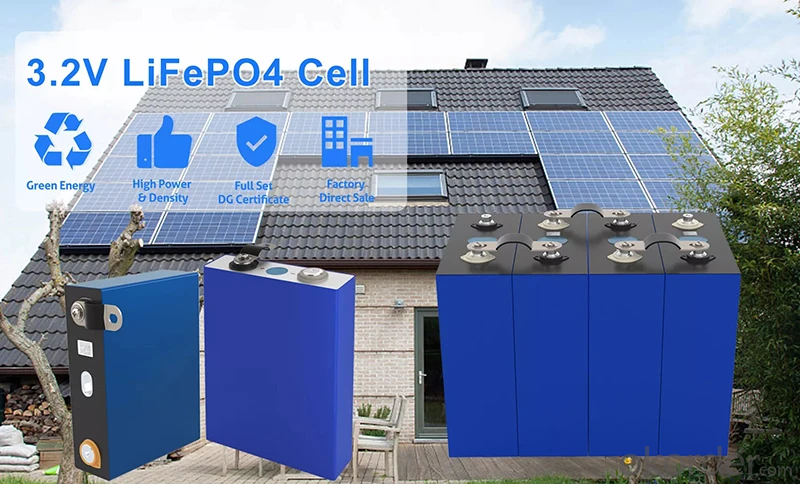
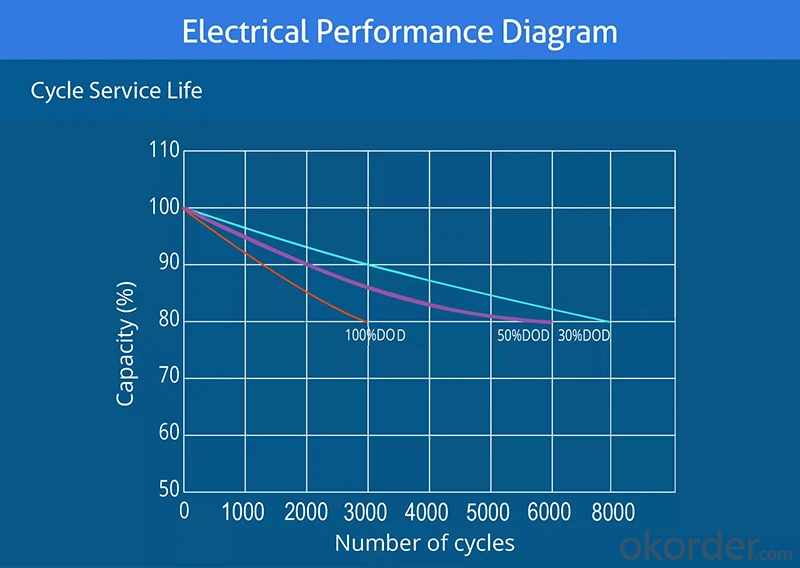
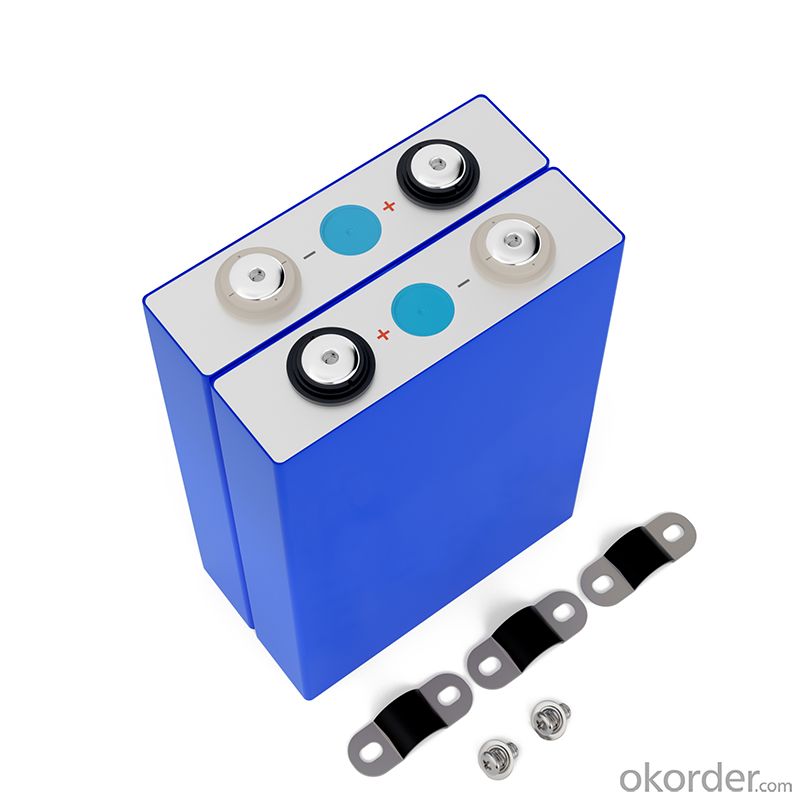
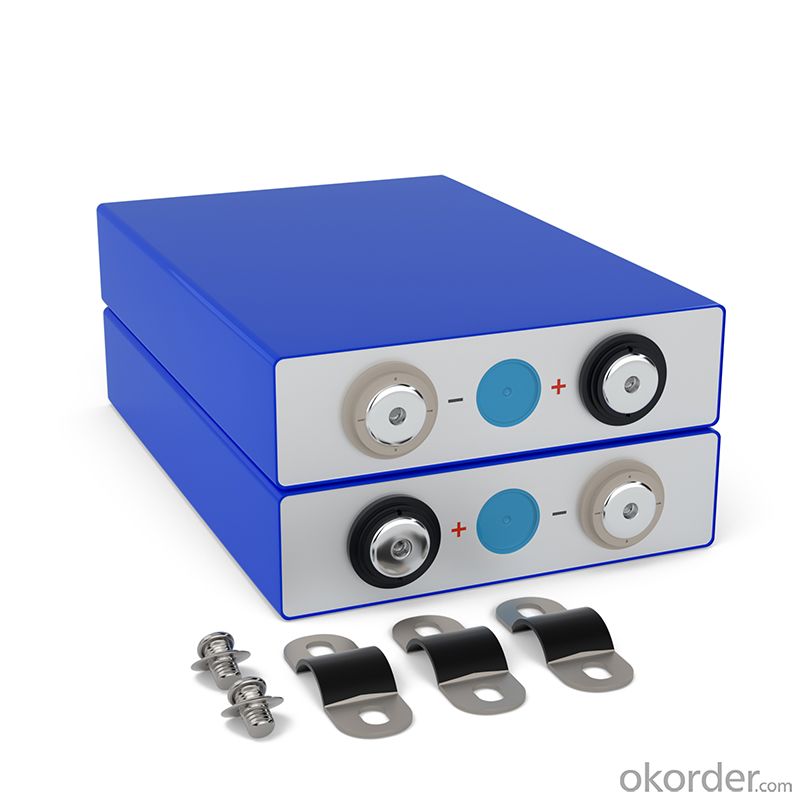
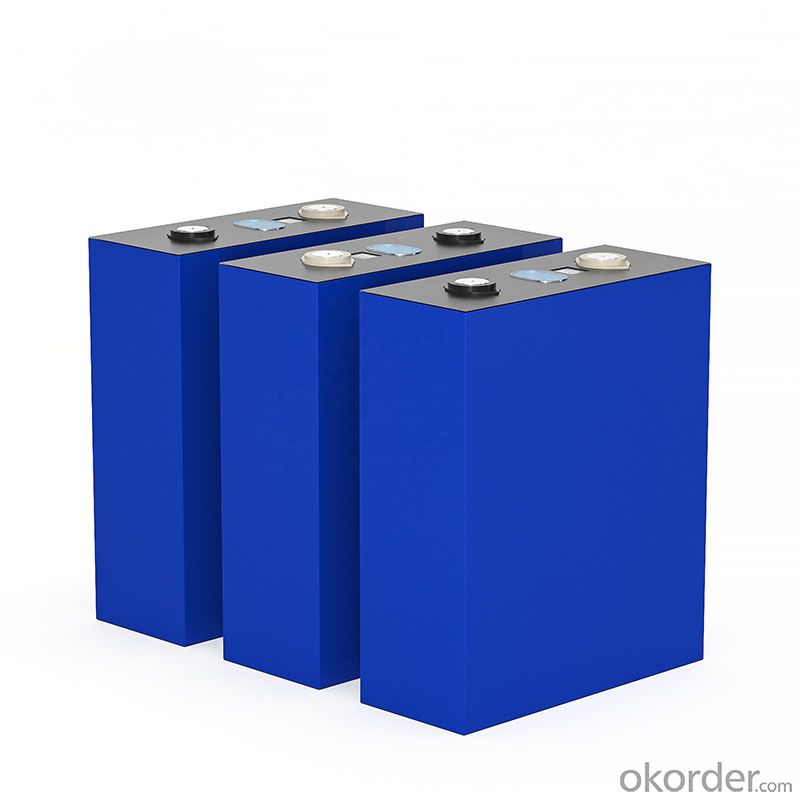
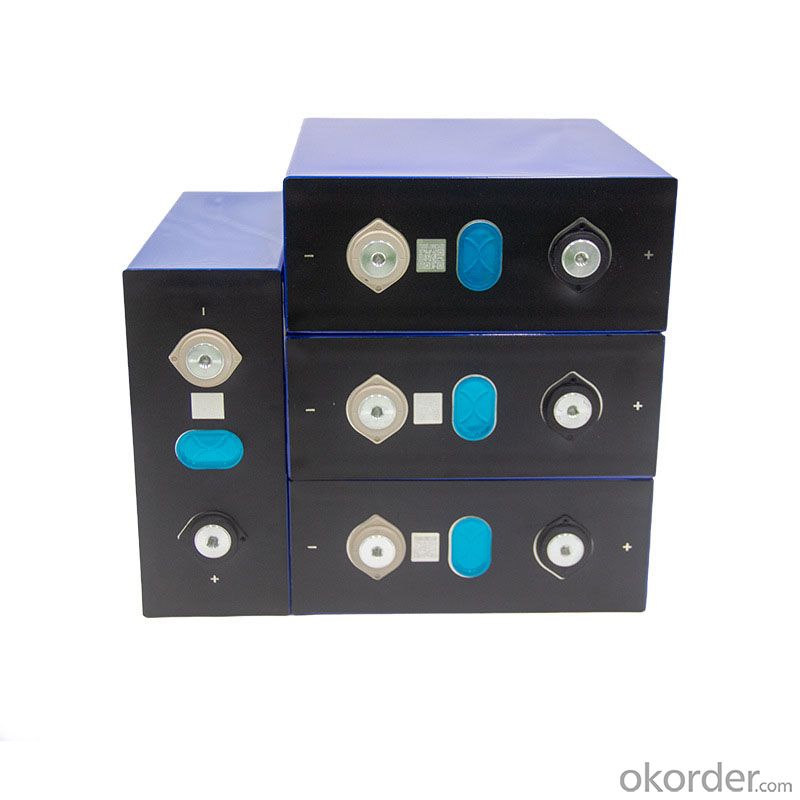
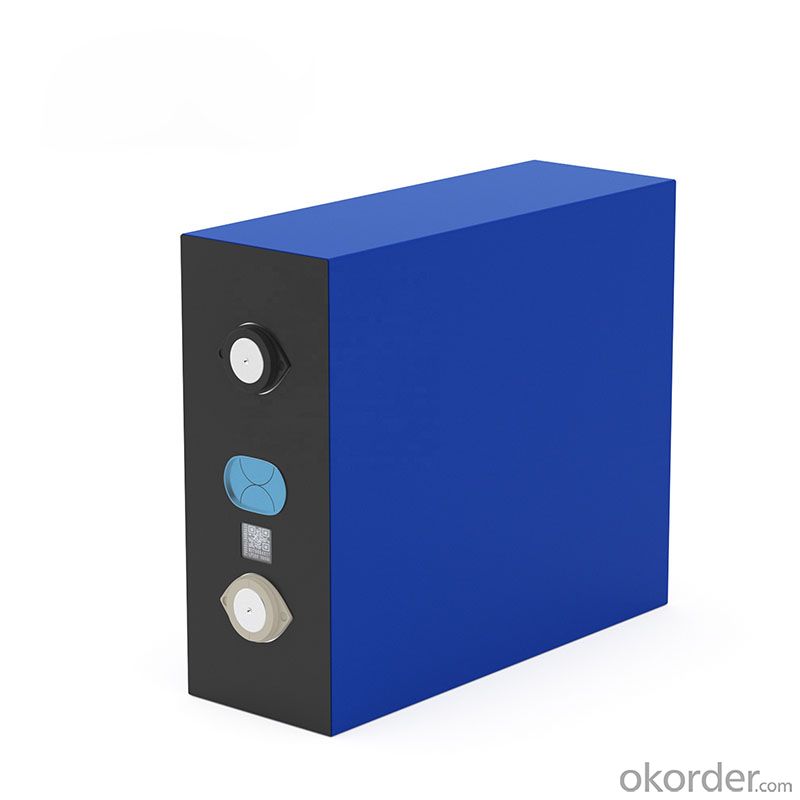
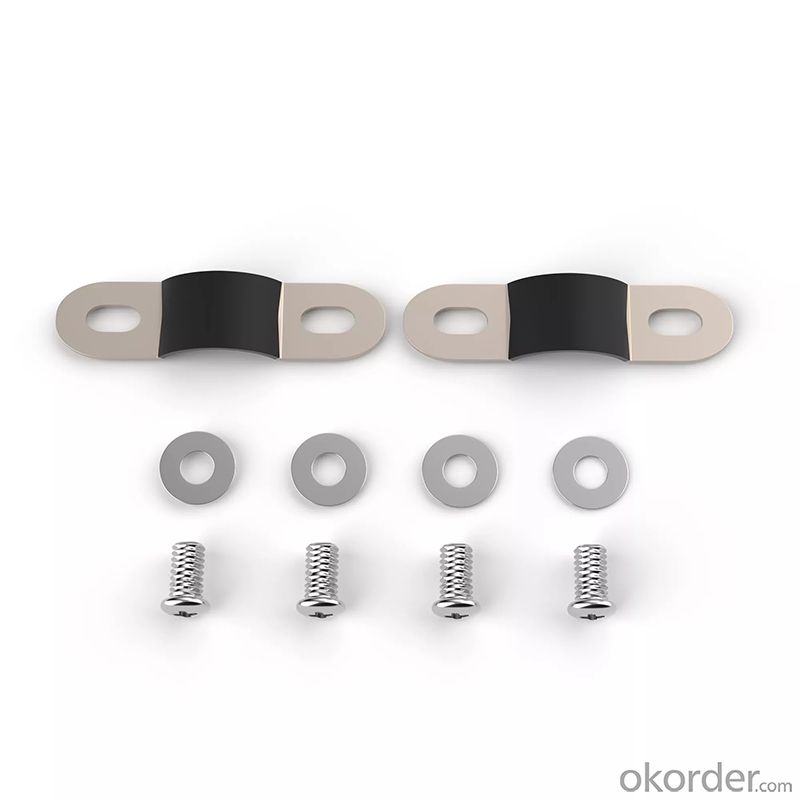
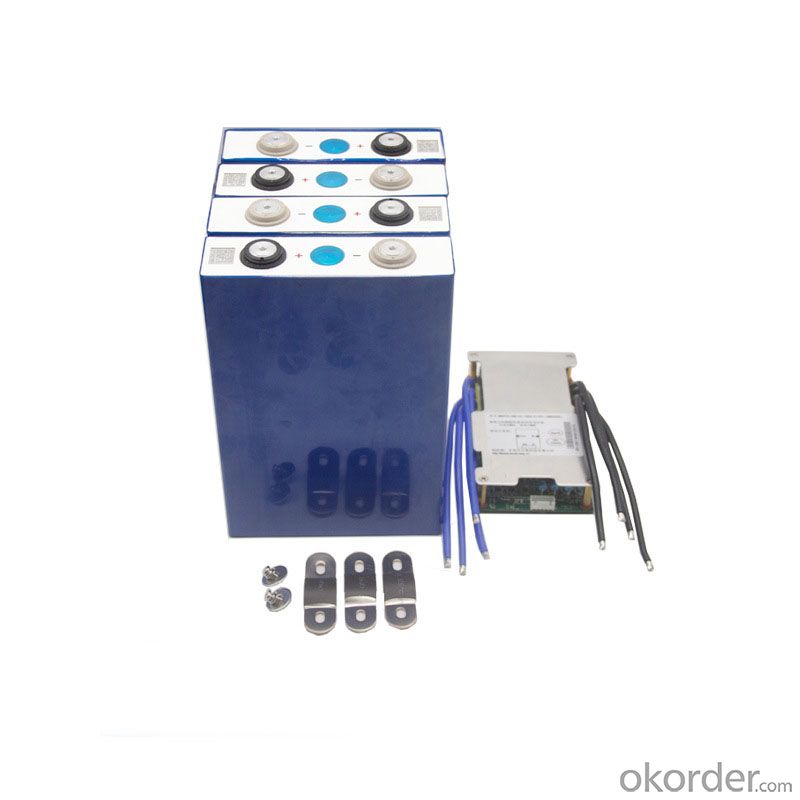
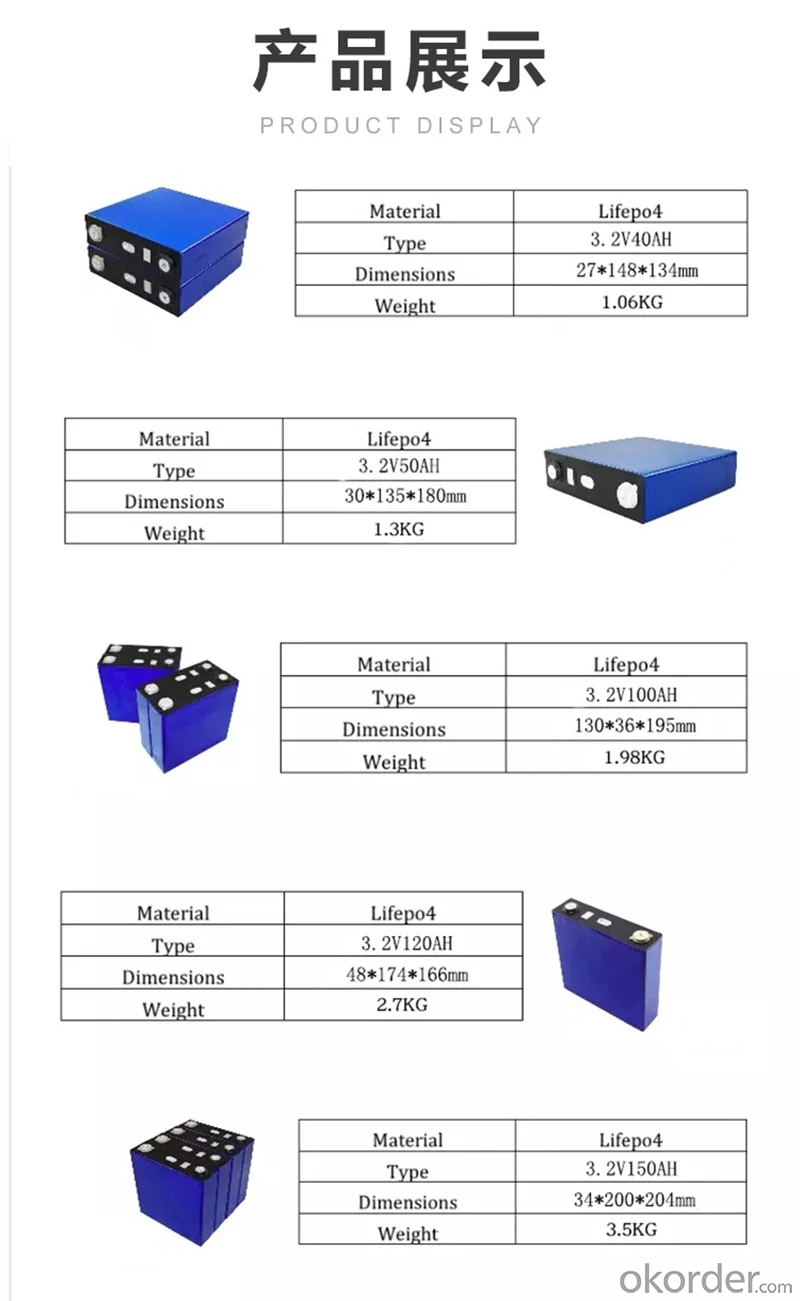
- Q: What is the impact of shadows on solar cell performance?
- Shadows have a significant negative impact on solar cell performance as they obstruct sunlight from reaching the cells. Even a small amount of shading, such as from trees, buildings, or other objects, can severely reduce the efficiency of the solar cells and decrease the overall energy output. Shadows create variations in the intensity of sunlight hitting different parts of the solar panel, leading to mismatched currents and reduced power generation. Therefore, it is crucial to minimize or eliminate any sources of shading to maximize the performance and efficiency of solar cells.
- Q: Can solar cells be used in underwater applications?
- Yes, solar cells can be used in underwater applications. However, special considerations need to be taken, such as using waterproof and corrosion-resistant materials, optimizing the design for low light conditions, and addressing the challenges of transmitting power and data underwater.
- Q: Can solar cells be used to power electric fences?
- Yes, solar cells can be used to power electric fences. Solar cells convert sunlight into electricity, which can then be stored in batteries or used directly to power electric devices such as electric fences. This allows for a sustainable and reliable source of power, especially in remote areas where grid connection may not be feasible.
- Q: What are the advantages of monocrystalline silicon and polycrystalline silicon in solar power?
- In the use of solar energy, monocrystalline silicon and polysilicon also play a huge role. Although the current terms, to make solar power has a larger market, the majority of consumers to accept, we must improve the efficiency of solar cell photoelectric conversion, reduce production costs. From the current development of international solar cells can be seen that the development trend of monocrystalline silicon,
- Q: Can solar cells be used in medical devices?
- Yes, solar cells can be used in medical devices. They can be integrated into various medical devices such as implantable devices (pacemakers), wearable devices (fitness trackers), and portable devices (blood glucose monitors) to provide a sustainable and reliable source of power.
- Q: Can solar cells be used in public charging stations for electric vehicles?
- Yes, solar cells can be used in public charging stations for electric vehicles. Solar panels can generate electricity from sunlight and convert it into usable energy to charge electric vehicles, making them a sustainable and environmentally-friendly option for public charging infrastructure.
- Q: How do solar cells contribute to reducing carbon emissions?
- Solar cells contribute to reducing carbon emissions by converting sunlight directly into electricity without any emissions of greenhouse gases. This renewable energy source replaces the need for fossil fuel-based power generation, which is a major contributor to carbon emissions. By harnessing the power of the sun, solar cells provide a clean and sustainable energy solution, helping to mitigate climate change and reduce the carbon footprint of our energy systems.
- Q: Can solar cells be used in space stations?
- Yes, solar cells can be used in space stations. In fact, they are commonly used to provide power to space stations by converting sunlight into electricity.
- Q: Can solar cells be used in space exploration?
- Yes, solar cells can be used in space exploration. Solar cells are commonly used in satellites and spacecraft as a reliable and efficient source of power. They convert sunlight into electricity, allowing space missions to operate their electronic systems and power their equipment. Solar cells are a key component in providing sustainable energy for space exploration missions.
- Q: How can I understand the working principles of solar cells?
- As a complicated science which is quite new, you will spend lot of time in the research and analysis of solar cells.
Send your message to us
Hanwha Solar Cells Compatible 3.2V 105Ah Li-ion Battery Ion Lithium LifePO4 3.2V 100Ah 280Ah 304Ah Lithium Iron Phosphate Battery
- Loading Port:
- SHENZHEN
- Payment Terms:
- TT OR LC
- Min Order Qty:
- 16 watt
- Supply Capability:
- 100000 watt/month
OKorder Service Pledge
OKorder Financial Service
Similar products
Hot products
Hot Searches
Related keywords






